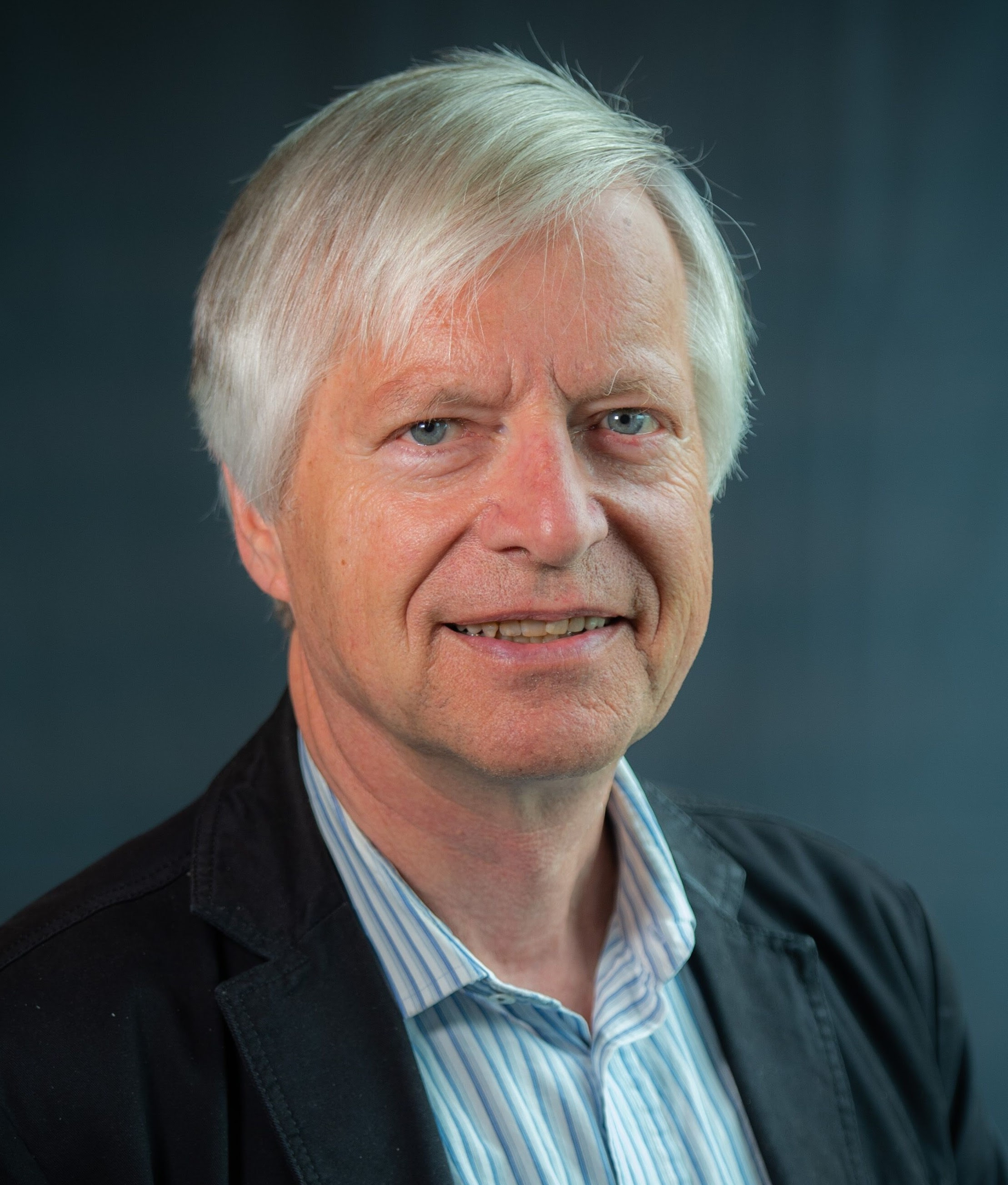Event details:
Please join Lambda Alpha International’s Baltimore Chapter for our September Virtual Presentation on Wednesday, September 16th from 12-1pm: "The Long-Term Impact of COVID-19 on Cities and Buildings." The presentation will feature Klaus Philipsen, FAIA, LEED AP, President of ArchPlan Inc. and Ethan Marchant, AIA, LEED AP BD+C Senior Associate at Quinn Evans.
You are invited to a Zoom meeting.
When: Sep 16, 2020 12:00 PM Eastern Time (US and Canada)
Register in advance for this meeting:
https://zoom.us/meeting/register/tJEod-yhrDMiEtUvio4QJPqTs0UGsM8j2JYb
After registering, you will receive a confirmation email containing information about joining the meeting.
,
Wednesday, September 16th from 12-1pm
The Long-Term Impact of COVID-19 on Cities and Buildings
There are some who think that things will go back to normal as soon as there is a vaccine and that there won’t be lasting effects on architecture or cities. Countries that have managed the pandemic well and have returned to a fairly normal life after a few months would suggest as much.
Then there are those who think that COVID-19 is a great threat, that it won't be over soon, even after a vaccine is approved. In that view the pandemic will have a lasting impact on the way people work, have vacations and shop and that those adaptations will alter the built environment in radical ways. Related is the view that a return to "normal" wouldn't even be desirable in the sense that society was broken to begin with and that COVID-19 just magnified existing issues and should be seen as an opportunity to set the course right. Who is correct?
This presentation will highlight some facts and make some predictions about a future which is largely shrouded in fog. It will cover the long-term effects that the pandemic will have ranging from the macro-scale of cities to micro-scale of buildings and building systems.

Klaus Philipsen, FAIA, LEED AP is president of ArchPlan Inc., an architecture and urban design firm in Baltimore specializing in award winning community revitalization, adaptive re-use, historic preservation and transportation projects since 1992. He has been named a Fellow of the American Institute of Architects for using his profession to assist communities through advocacy. He is a recipient of the Baltimore Larry Reich Award given to individuals whose volunteer and professional work exemplifies a special commitment to community-based planning and design. Philipsen writes on urban issues on his blogs “Community Architect” and “Community Architect Daily and authored “Baltimore: Reinventing the Industrial Legacy City”, published by Routledge. His articles have been published in The Atlantic’s CityLab, ArchDaily, SmartcitiesDive and other publications.
Additionally, Philipsen is engaged in the community. He is chair of the housing subcommittee of the Social Determinants of Health Task Force established under Maryland law and a leader in the nonprofit sector such as an urban land trust where he is president. He was a founding board member of the 1000 Friends of Maryland, a well-respected statewide growth management group and D center, a non-profit design center in Baltimore; He is also active in professional organizations. He chaired the Urban Design Committee of AIA Baltimore for 20 years and was chair of the national Regional and Urban Design Committee of AIA (RUDC); He participates regularly in Advisory Panels dispatched by the Urban Land Institute (ULI) to across the US and has also participated in local ULI Technical Assistance Panels. He was for ten years a member of the Maryland Growth Commission, Subcommittee on Planning Techniques and was for 10 years a member of a Borough Council in Stuttgart, his initial experience at the intersection of practical engagement and professional knowledge.
Philipsen received a five year degree of architecture at the University of Stuttgart, Germany in 1975. He has also worked as an architect and planner in Stuttgart, Germany and London, England and resides in the US since 1986. He has taught architecture and urban design as adjunct faculty at the University of Maryland and at Morgan State University, is a frequent speaker at international, national, regional and local conventions and venues and is an occasional contributor on local radio regarding urban design. Philipsen is married to Nayna Philipsen, JD, PhD, RN, Professor and recently retired Director of Academic Affairs Coppin State University; the couple has six adult children.

Ethan Marchant
AIA, LEED AP BD+C
Senior Associate
Quinn Evans
Ethan is skilled in the creation and development of clever, contemporary and powerful adaptive use designs that engage people. He is adept in repurposing architectural artifacts to create memorable spaces, and promoting the brand identity of tenants and building owners through artful design.
He has designed many notable educational, cultural, and commercial projects, including modernizations and new structures that reflect a strong appreciation for local heritage and community context.
Ethan’s projects are characterized by a simple and minimalist elegance in design, incorporating fresh ideas and inventive solutions. His portfolio includes a variety of projects that have served as catalysts to ongoing urban revitalization.
EDUCATION
Master of Architecture, University of Maryland, 2006
Bachelor of Science in Architecture, University of Maryland, 2004
Associate Degree in Materials Engineering Technology, Pennsylvania State University, 1998
Penn State Architectural Engineering Technology, 1995
AFFILIATIONS
American Institute of Architects
USGBC – LEED AP BD+C
Urban Land Institute
